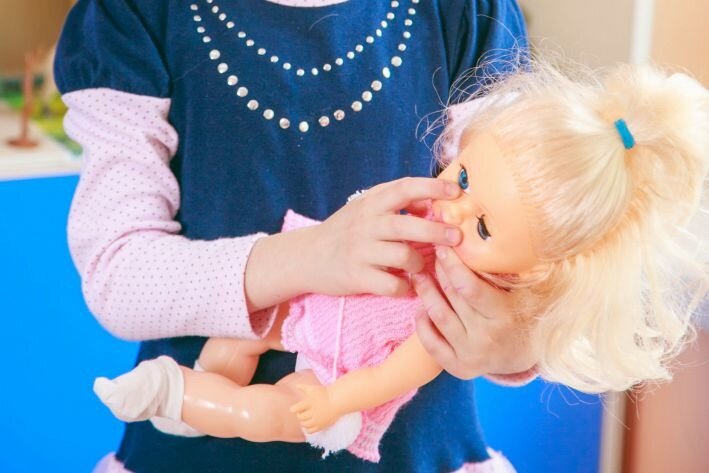How to Praise a Child Correctly: Should You Do It at All?
Praise, especially when given to children, boosts self-esteem and motivates, but experts believe that it has some negative connotations.
At first, praise can form a healthy self-esteem, but if you play around with it too much, you can develop it into narcissism, and then the child will stop adequately perceiving both himself and those around him.
In order not to harm the child, parents should know how to properly compliment and praise their child.
Tip #1: Take a concrete action
This will allow the child to understand that there are right actions, but also wrong ones. And that a person is punished for doing something wrong or not doing what was ordered.
In that case, it will already be well-deserved praise, and not a sugary compliment.

Tip #2: More questions
When a child begins to do things that are aimed at making adults notice his work and himself, then parents should not only praise him, but also ask about some details.
For example, if a child has cleaned his room, you can ask how he managed to make the floor shine. Answering adults' questions will help to form experience, consolidate acquired skills and create motivation for new achievements.
Tip #3: Appreciate the effort
No one has ever achieved significant results the first time. Therefore, it is important for the child to receive a reward for his efforts, and to learn to value the skills acquired in the process.
And finally. Parents should thank their child for following the rules established in the house. It is important to be sincere and not just exaggerate the achievements.
Earlier we talked about what parents need to know so that their child doesn’t grow up spoiled .

